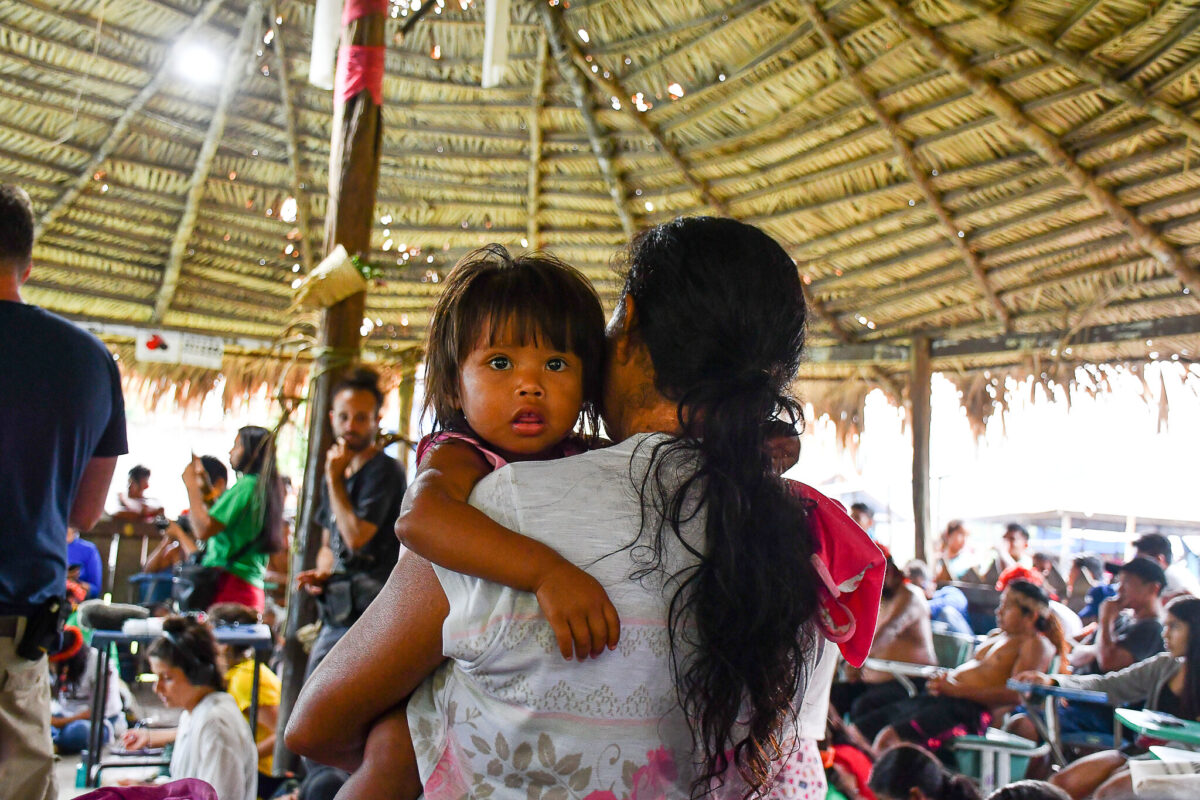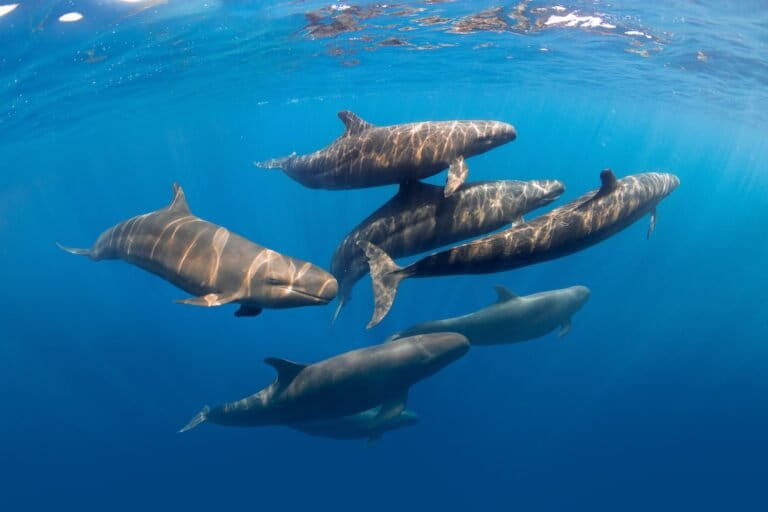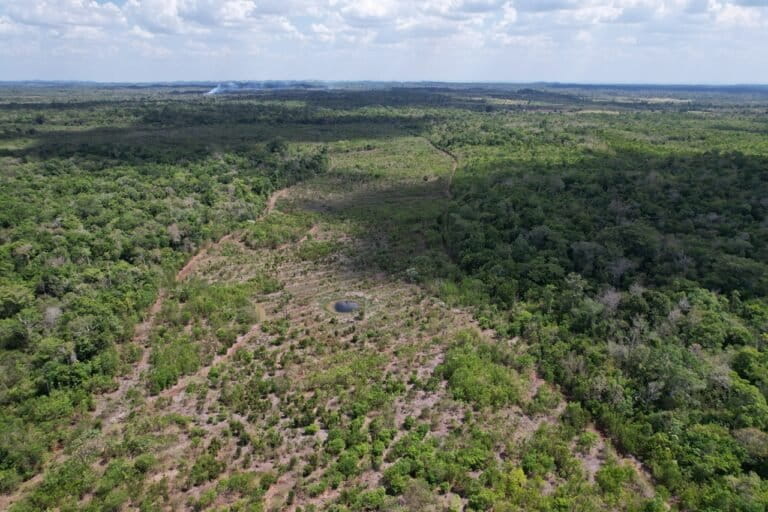Côte d'Ivoire's endangered chimp population falls 99% since 1960
Jeremy Hance, mongabay.com
October 14, 2008
The population of West African chimpanzees living in Côte d'Ivoire has collapsed due to hunting and forest destruction, report scientists writing in the October 14th issue of Current Biology.
Surveying protected and unprotected forests in the West African country, researchers led by Genevi&eacutte;ve Campbell of the Max Planck Institute for Evolutionary Anthropology uncovered a "catastrophic decline" in the population of the endangered sub-species of chimp. The authors estimate that the population has fallen from 100,000 in 1960 to around 1,000 today with the country's only viable population found in Taï National Park — a reserve under threat from agricultural expansion, logging, and hunting as well as cessation of external financial support in 2010. As recently as 1990 Ivory Cost was home to half the world's West African chimps.
"The human population in Cote d'Ivoire has increased nearly 50 percent over the last 18 years," said Christophe Boesch, a co-author and researcher at the Max Planck Institute for Evolutionary Anthropology. "Since most threats to chimpanzee populations are derived from human activities such as hunting and deforestation, this has contributed to the dramatic decline in chimpanzee populations. Furthermore, the situation has deteriorated even more with the start of the civil war in 2002, since all surveillance ceased in the protected areas."
The researchers say that without increased funding for monitoring and conservation, Côte d'Ivoire may lose its remaining chimps.
RELATED
Primate conservation may enhance food availability to humans September 15, 2008
Primate conservation may have the unintended benefit of enhancing food availability to humans, reports a study led by African scientists. The research, conducted in the Taï region of Côte-d’Ivoire, found that seven species of monkeys used about 75 species of plants as a source of fruit, of which 25 were also used by local human inhabitants for various purposes. Because monkeys are key seed dispersal agents, the results suggest that primate conservation may sustain the persistence of plant resources important for human livelihoods.














